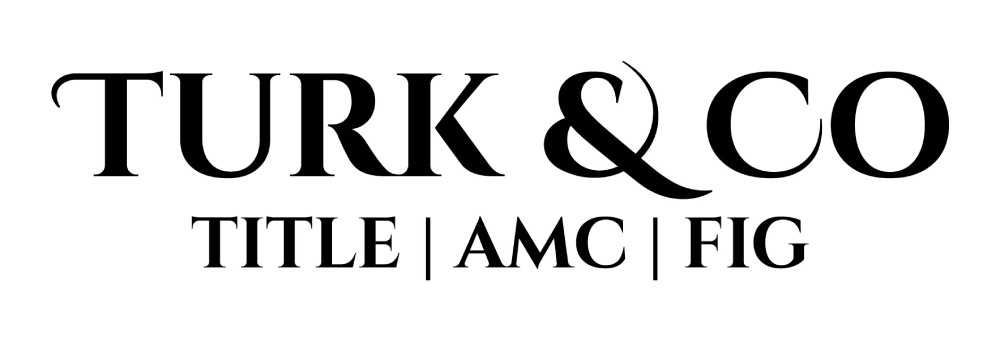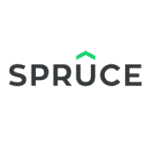“The road to hell is paved with good intentions.”
— Proverb
Fannie Mae’s decision to add Westcor to their title waiver program is making waves—and not in a good way. It’s being spun as modernization, but in practice, it may prove counterproductive.
Let’s take a closer look.
Title Insurance exists because of inherent mistrust (which is why it isn’t going anywhere). Buyers don’t trust sellers to provide clean title. Lenders don’t trust that their lien position is valid. They buy a title policy to ensure that they are receiving the bundle of rights to a property they expect.
One structural problem with title insurance is that it treats every situation the same way. Imagine if health insurance worked like that—a super healthy 45-year-old athlete would pay the same as a 45-year-old with serious health issues, just because they’re the same age. That wouldn’t make sense, right? But that’s exactly how title insurance works today.
For example, title claims on refinance title policies loosely align with default risk (because performing loans don’t attract much attention). Title insurance ignores probability of a claim based on tendencies of the insured, focusing on provenance of the underlying asset instead. Rather than looking at how risky a loan or borrower is, title insurance focuses only on the history of the property. But the practical risk of a refinance title claim on a property often connects to the credit worthiness of the borrower.
Let’s say two people refinance the same $300,000 home. One has bad credit and is borrowing most of the home’s value. The other has great credit and is borrowing much less. They both pay the same for title insurance—even though the risk is totally different. For the great credit/low LTV borrower, a title insurance policy may not be adding a lot of value. After all the debt exists independent of the lien, and generally, there must be a loss before there can be a claim.
Fannie Mae (FNMA) saw this and decided that for super low-risk loans, they might skip title insurance to save money. On paper, this idea makes sense.
But in practice?
No.
This move creates an adverse selection environment. By carving out the safest loans from the insured pool, FNMA is removing the very transactions that help balance risk across the system. Those clean loans with almost no claims? They’re the ones subsidizing the cost of coverage for riskier ones (and please don’t get me going on which elements of our society end up paying the inevitable higher prices—hint: those least able to afford it). Without them, the math no longer works.
We believe the FNMA waiver program is flawed and inconsistent with the ‘public purpose’ Congress had when they created FNMA in 1938.
Let’s use a simplified analogy to explain what’s happening.
- The title industry needs to collect $5 to cover total claims.
- The $5 comes from two groups:
- Group A (low risk loans) contributes $3
- Group B (the rest) contributes $2
Because the entire pool shares the risk, the system works.
FNMA, to lower costs, waives the requirement to procure title insurance on a super clean subset of Group A that are isolated geographically and by quality. They’re low risk, so why not?
Here’s why not:
- The title industry still needs to collect $5 to cover total claims.
- The subset FNMA excludes from contributing to the $5 pool generated nominal claims anyway because they used adverse selection to select the loans least likely to produce a claim.
- That means higher premiums for the remainder, namely riskier borrowers—those least able to afford it.
Removing clean loans from the insured pool creates the following risk:
- Premiums go up for everyone else
- Title insurers get squeezed
- Some may exit the market entirely (e.g. what is happening in the P&C market in California)
That’s less competition, fewer choices, and ultimately higher costs for consumers.
So while FNMA’s initiative may appear efficient in theory, in practice it risks being:
- Short-sighted
- Regressive
- Harmful for the long-term health of the market
Bottom line: FNMA’s goal of lowering costs is valid, but their approach may unintentionally undermine the system they aim to improve.
So, now what?
FNMA’s goal to reduce costs is well-intentioned but misapplied. It could weaken the foundation of an industry that relies on risk pooling to function. Instead of selectively waiving title insurance and disrupting the delicate equilibrium of the system, the focus should be on smarter, scalable ways to reduce expenses across the board. The good news? These solutions already exist. New technologies are slashing fraud risk and cutting claim costs. AI, automation, and variable-cost staffing models are helping firms streamline operations and boost margins. Regulators see this and are starting to respond by reducing premiums, as we’ve seen in Texas, and others are sure to follow.
Rather than destabilizing a system that works through risk-sharing, the real opportunity lies in modernizing how title companies and underwriters operate within it.
Now is the time to act. If your title company is operating at sub-20% margins, standing still is not an option. Challenge your assumptions. If you don’t rethink your cost structure, someone else will.
At Turk & Co., we specialize in doing exactly that—partnering with title firms to uncover hidden inefficiencies, implement cutting-edge cost strategies, and position them for sustainable growth or sale—and then selling them. If you’re ready to get serious about improving margins and future-proofing your operation, or have interest in an exit or growth strategy, let’s talk.
–Howard Turk
Founder & Managing Partner, Turk & Co (turkandco.com). — An Investment Bank and advisory firm (Member FINRA/SIPC) serving the title industry with strategic guidance, operational efficiency solutions, and M&A expertise. , 310 294 9199






















 For More information
For More information